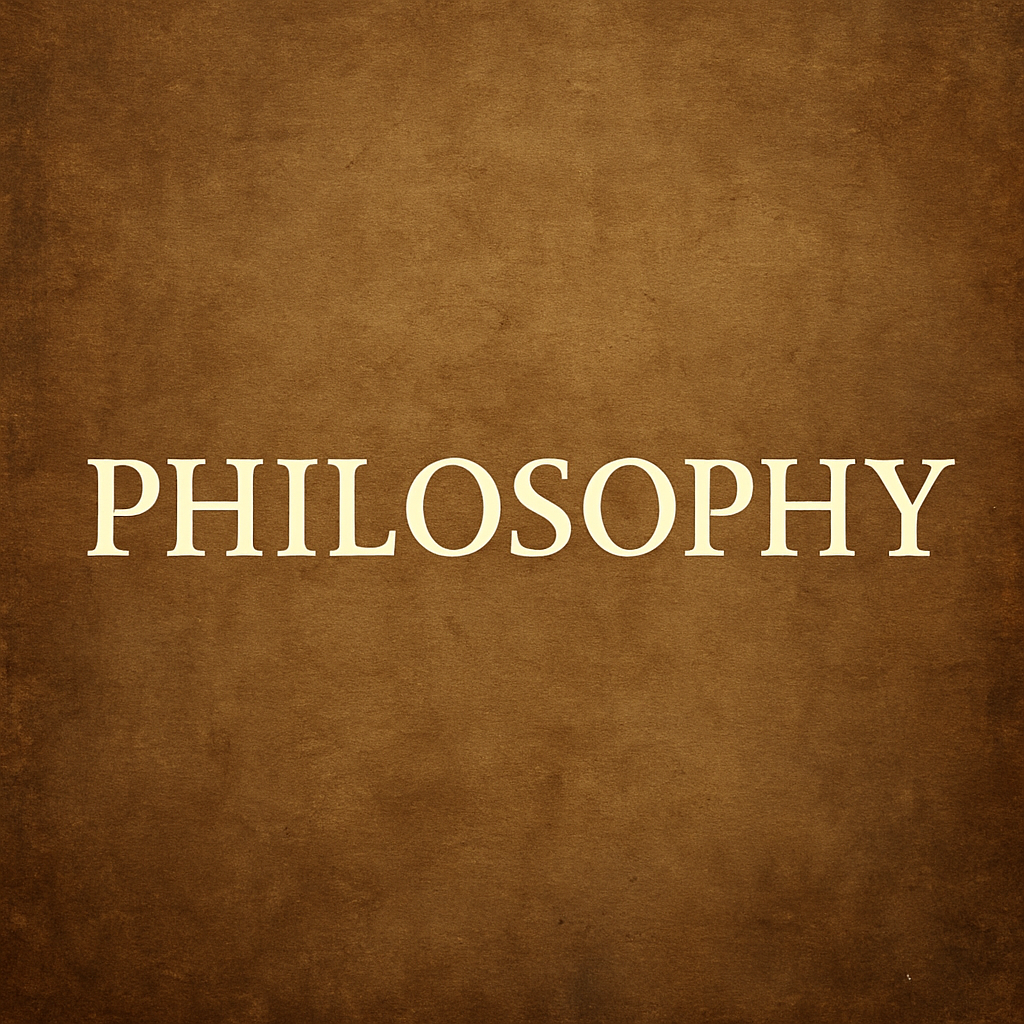After years of wading through the self-help aisle, devouring spiritual texts, and doing the work (therapy, retreats, breathwork, and journaling prompts with more emotional range than the average indie film), I’ve started to notice a troubling pattern — one that Ken Wilber, ever the cartographer of consciousness, named with clinical precision: the Pre/Trans Fallacy.
It’s a fancy term, but it explains a lot of what goes wrong in spiritual and psychological growth — especially among those of us who are sincerely trying to do the work. So let’s break it down.
What is the Pre/Trans Fallacy?
In Wilber’s model of development, human growth unfolds in stages — from pre-rational (instinctual, emotional, mythic), to rational (logical, scientific, modern), to trans-rational (integrated, mystical, visionary).
The Pre/Trans Fallacy refers to the tendency to confuse the pre-rational with the trans-rational — especially when you’re looking at things from the rational stage.
Here’s how it plays out:
- Pre-rational: A toddler believes the moon follows them home. It’s magical thinking, but it’s developmentally appropriate.
- Rational: A middle-schooler learns astronomy and feels a bit silly for ever thinking the moon was playing tag.
- Trans-rational: A mystic looks up at the moon and feels it in their soul, knows it’s not following them, but also feels their consciousness in deep communion with it.
Now here’s the twist: to someone stuck in purely rational thinking, both the toddler and the mystic look the same. Both are “irrational.” One is dismissed as childish. The other, transcendent, gets tossed in the same wastebin.
Thus, the fallacy: confusing what lies beyond reason with what came before it.
So What Does This Have to Do With Shadow Work?
Here’s where it gets messy — and personal.
There’s a popular idea floating around the personal growth world: that the deeper your pain, the more sacred your healing. That the more trauma you dig up, the closer you are to enlightenment. That regression into primal wounding is a kind of holy pilgrimage — and if you’re still screaming on the floor of your therapist’s office, well, that just means you’re doing the real work.
Don’t get me wrong — shadow work matters. Facing your pain, unpacking your childhood trauma, reparenting your inner child — all of that is vital. But here’s the trap: if you never integrate it, if you never move from catharsis to clarity, from regression to transcendence, you risk idolizing the mud and forgetting about the stars.
That’s the Pre/Trans Fallacy in disguise. People confuse emotional chaos (pre-rational) with mystical depth (trans-rational). They confuse pain with wisdom. They confuse rawness with revelation.
And this gets reinforced in spiritual communities that have moved beyond rigid religion but haven’t quite landed in mature integration. Vulnerability becomes a currency. Pain becomes proof of progress. And transcendence gets mistaken for detachment — or worse, spiritual bypassing — because it’s calm instead of cathartic.
Transcendence Doesn’t Mean Skipping the Work — It Means Finishing It
Wilber doesn’t suggest we bypass the early stages — far from it. His whole Integral model is about include and transcend. You don’t skip childhood, you outgrow it. You don’t suppress your emotions, you learn to hold them. And you don’t mistake mystical insight for a glorified breakdown.
Transcendence isn’t about floating above your pain; it’s about expanding your awareness so fully that the pain is held within something larger — a container of meaning, clarity, and love.
The irony is: once you start to move into truly trans-rational territory, your emotions may actually settle. The storms calm. The screaming stops. And to someone still knee-deep in their cathartic phase, that peace can look like avoidance.
But it’s not. It’s the result of the work, not the evasion of it.
The Call to Discernment
So here’s the question for the seekers, the mystics-in-training, the endlessly unraveling humans doing your level best to become whole:
- Are you stuck in the mud and calling it the stars?
- Have you mistaken emotional regression for spiritual depth?
- Are you caught in the drama of healing and forgetting the destination?
The journey inward is real. The pain is real. But so is the other side — the clarity, the light, the wisdom that comes when you integrate the pieces, stand up from the floor, and begin to walk as someone new.
Wilber’s work reminds us that not all “irrational” states are equal. Some are pre-conscious wounds. Some are post-conscious insights. Your job is to discern the difference.
Because in the end, the point of shadow work isn’t to live in your shadows — it’s to recover your light.



